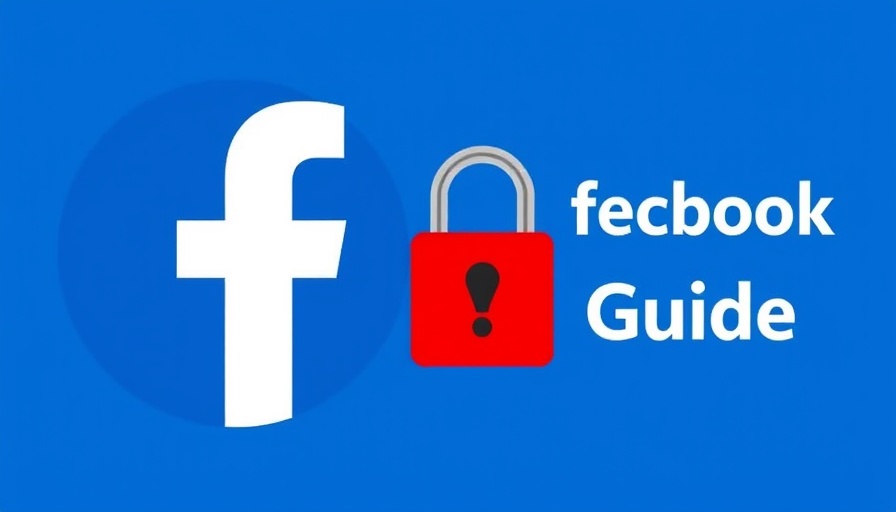
The Rise of Blockchain: More Than Just Cryptocurrency
The blockchain technology has transformed swiftly from a niche concept primarily linked to Bitcoin into a global market expected to soar from USD 20.1 billion in 2024 to USD 248.9 billion by 2029, driven by an astonishing Compound Annual Growth Rate (CAGR) of 65.5%. What does this mean for businesses looking to thrive in the digital age? The answer lies in understanding the core functionalities and innovative applications of blockchain that can enhance marketing strategies and customer engagement.
Understanding Blockchain's Core Components
At its basic level, blockchain is a decentralized digital record-keeping system. It operates across multiple computers—referred to as nodes—thus preventing unauthorized changes and ensuring data integrity. This core aspect opens up a myriad of possibilities for businesses across various industries, including finance, supply chain management, and digital advertising.
Moreover, blockchain introduces concepts like Decentralized Autonomous Organizations (DAOs), which empower consumers by enabling governance through smart contracts, and Decentralized Applications (DApps) that provide users control over data without a central authority. The transformation of these concepts into marketing strategies is pivotal for businesses that aim to stay relevant.
Shaping Marketing Strategies in 2025 with Blockchain
As we delve into 2025, blockchain is expected to play a significant role in redefining marketing fundamentals. A recent piece by Ronn Torossian emphasized the technology's revolutionary potential in transforming brand interactions through transparency and enhanced security. This means that businesses can gain an edge by leveraging blockchain to instill trust with consumers, markedly absent in current marketing practices dominated by giants like Google and Facebook.
Decentralizing Digital Advertising: The Future Is Here
As Torossian notes, the decentralization of digital advertising will allow brands to engage directly with consumers, minimize intermediary costs, and ensure that ad spend is effectively utilized. Blockchain will provide authentic advertising experiences, enabling brands to combat issues like ad fraud and misrepresentation. The potential to verify ad placements and track performance effectively will fundamentally change how businesses approach advertising strategies.
Tokenization: A New Era of Customer Engagement
Another key trend will be the tokenization of marketing efforts, where businesses can create loyalty tokens to reward customer engagement. This innovation not only enhances customer interaction but fosters long-term loyalty by allowing consumers to redeem tokens for goods or exclusive experiences. With the rise of non-fungible tokens (NFTs), brands can offer unique digital assets that deepen engagement and create a sense of exclusivity for customers.
Smart Contracts: Automating the Marketing Landscape
Smart contracts are poised to revolutionize marketing processes by automating agreements and transactions—making them more secure and efficient. For instance, influencer marketing could become more transparent through smart contracts, which would enforce agreed-upon deliverables without the need for a middleman. This reduces overhead costs and increases accountability, ultimately benefiting both brands and influencers.
Consumer Control and Data Privacy
As data breaches and privacy concerns continue to plague digital marketing, blockchain offers a solution by decentralizing data storage. Consumers can retain control over their information while marketers must pivot from traditional data collection methods to more consumer-centric approaches that honor privacy.
Embracing Blockchain: A Call to Action for Businesses
In an era where transparency and consumer trust are paramount, it is essential for businesses to embrace blockchain technology to enhance their marketing strategies. The advantages of blockchain—transparency, security, and consumer control—are too significant to overlook. Companies looking to maintain relevance must proactively educate themselves on blockchain applications in marketing and strategically implement blockchain solutions to benefit from this transformative technology.
 Add Row
Add Row  Add
Add 


Write A Comment